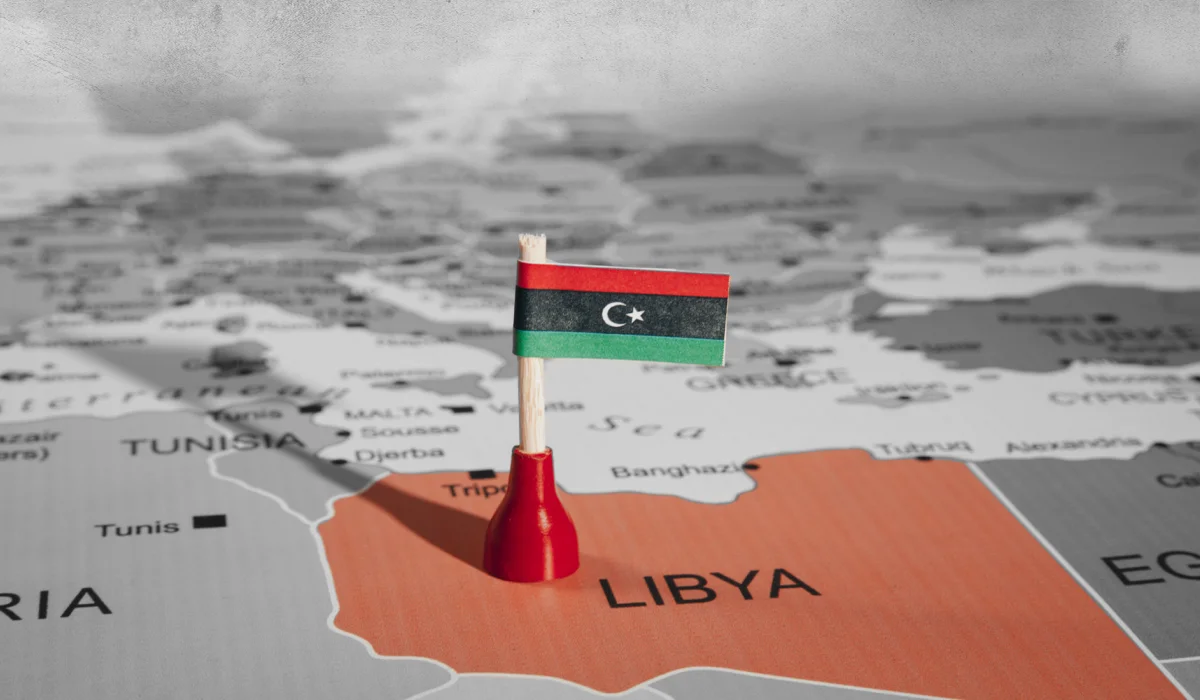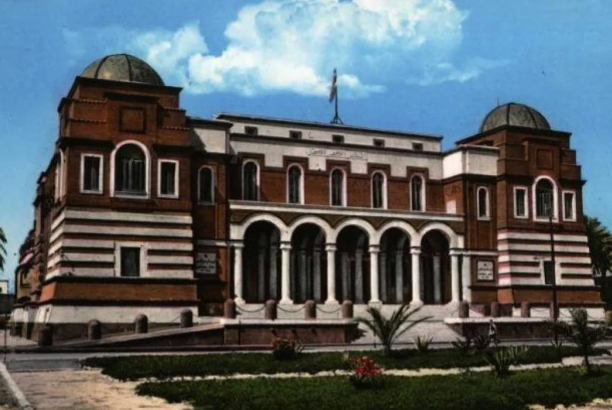
| News
Le Monde Diplomatique: Naturalization of Foreigners a Direct Threat to Libyans’ Share of Oil Revenues
An analytical report published by Le Monde Diplomatique highlighted that the naturalization of foreigners contributes to creating and reinforcing what it described as a “blackmail economy” in Libya. The report explained that Brussels’ approach has not effectively reduced migrant crossings but instead turned migrants into “pawns” who end up in detention centers financially exploited amid interceptions carried out by the Libyan Coast Guard with European funding and equipment.
Financial Exploitation Inside Detention Centers:
The report noted that migrants are placed in centers where they are extorted for thousands of euros in exchange for their release. They are provided phones to arrange money transfers from their families, while operators of some centers seek funding and equipment from the European Union. The analysis confirms that this process has created a parallel market benefiting local officials and intermediaries.
According to the newspaper, the European Union focused on border monitoring outside Europe by funding transit countries, including Libya, to prevent the flow of migrants to the Mediterranean. The report suggests that the “success” of this policy is questionable, as migrants move along increasingly closed routes through Turkey – the Balkans – Libya – Tunisia.
The report also pointed out that Italy, by lifting prosecutions and sanctions against specific armed groups, effectively legitimized local forces to operate as “security forces” with salaries and access to budgets, encouraging them to exploit migration commercially.
The report accuses these groups of embezzling food and hygiene allocations in detention centers, benefiting from UN aid funded by Europe, and even forcing detainees to work in exchange for release. As funds and foreign connections accumulate, leaders of these groups infiltrate state institutions and public revenue networks.
Furthermore, the report warned that attempts to naturalize foreigners in Libya could weaken citizens’ share of oil revenues through salaries and subsidies, potentially leading to broader economic and social tensions in the country’s fragile context.
The report concluded that EU policies have not ended the phenomenon but reshaped it into a blackmail economy where local interests intersect with European funding. Meanwhile, solutions like “mass deportation” and naturalization attempts remain unrealistic and dangerous for social peace and the economy in Libya.





